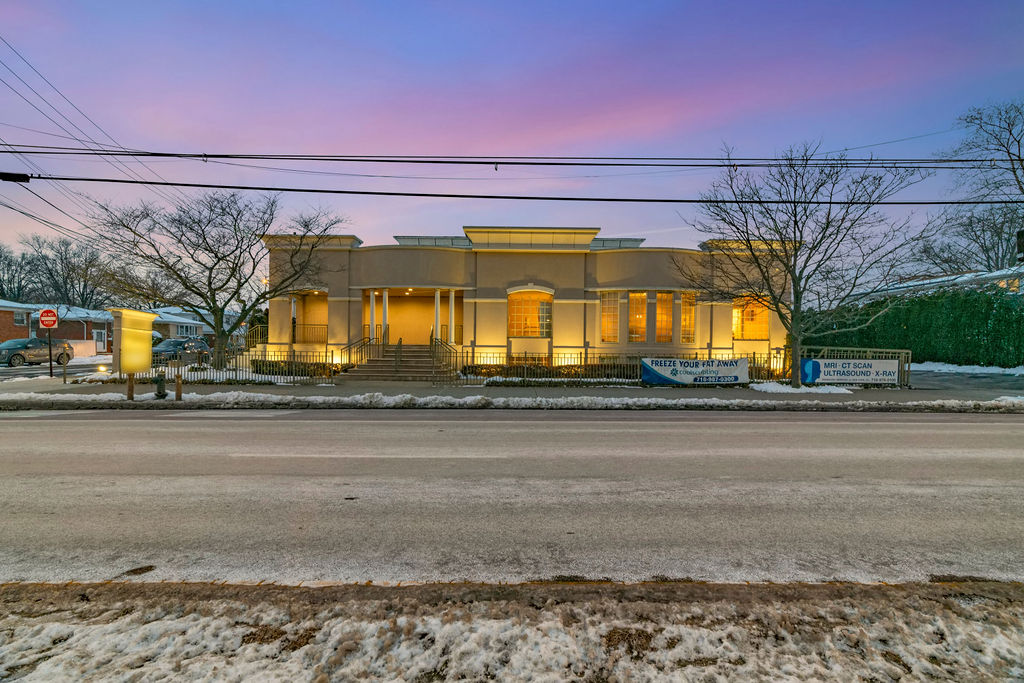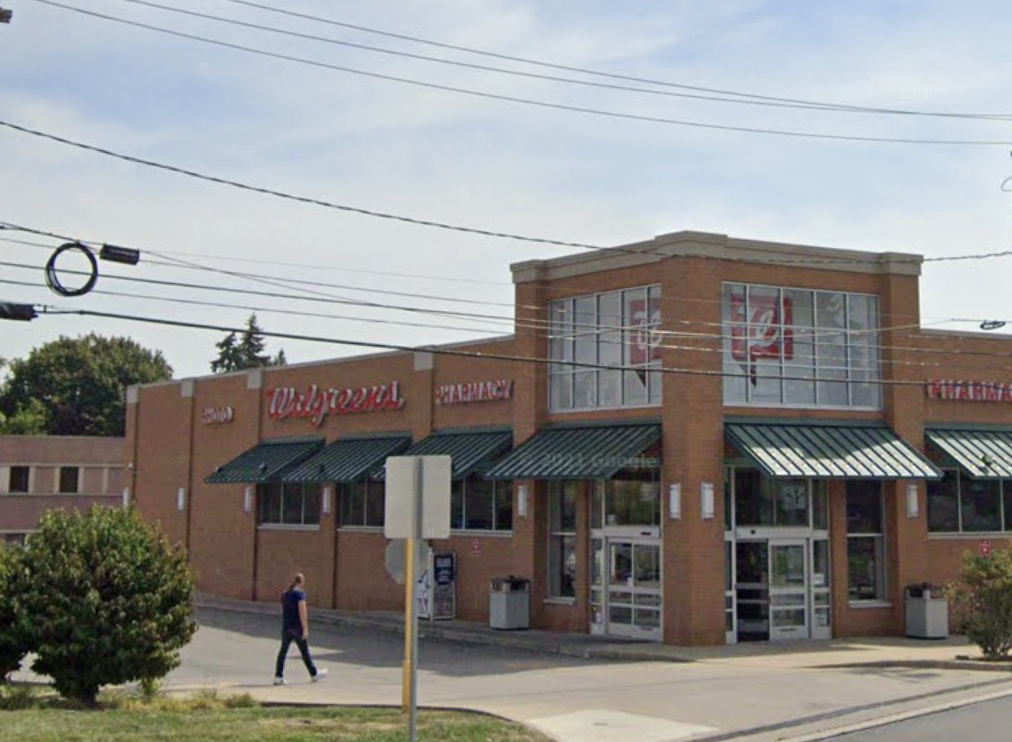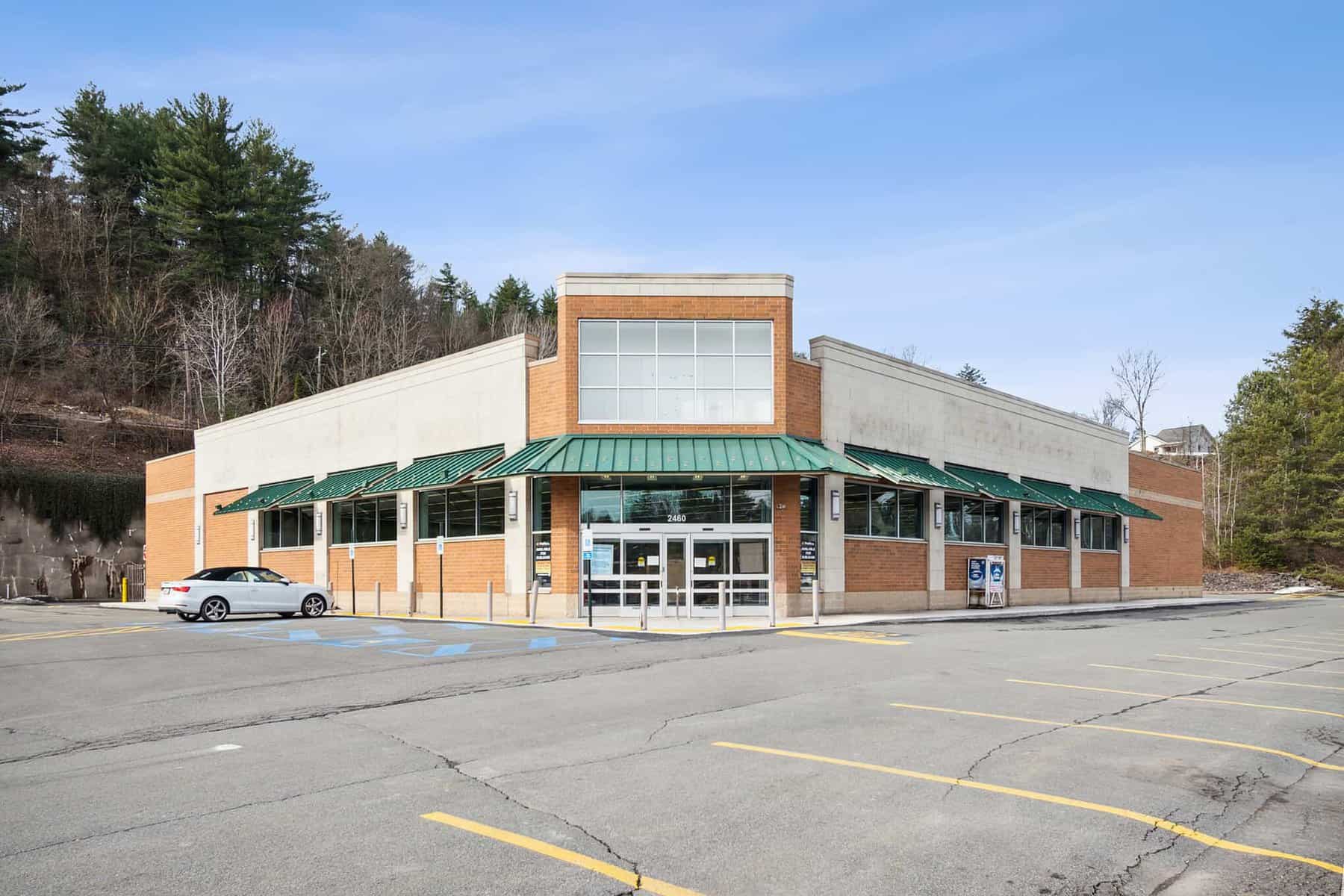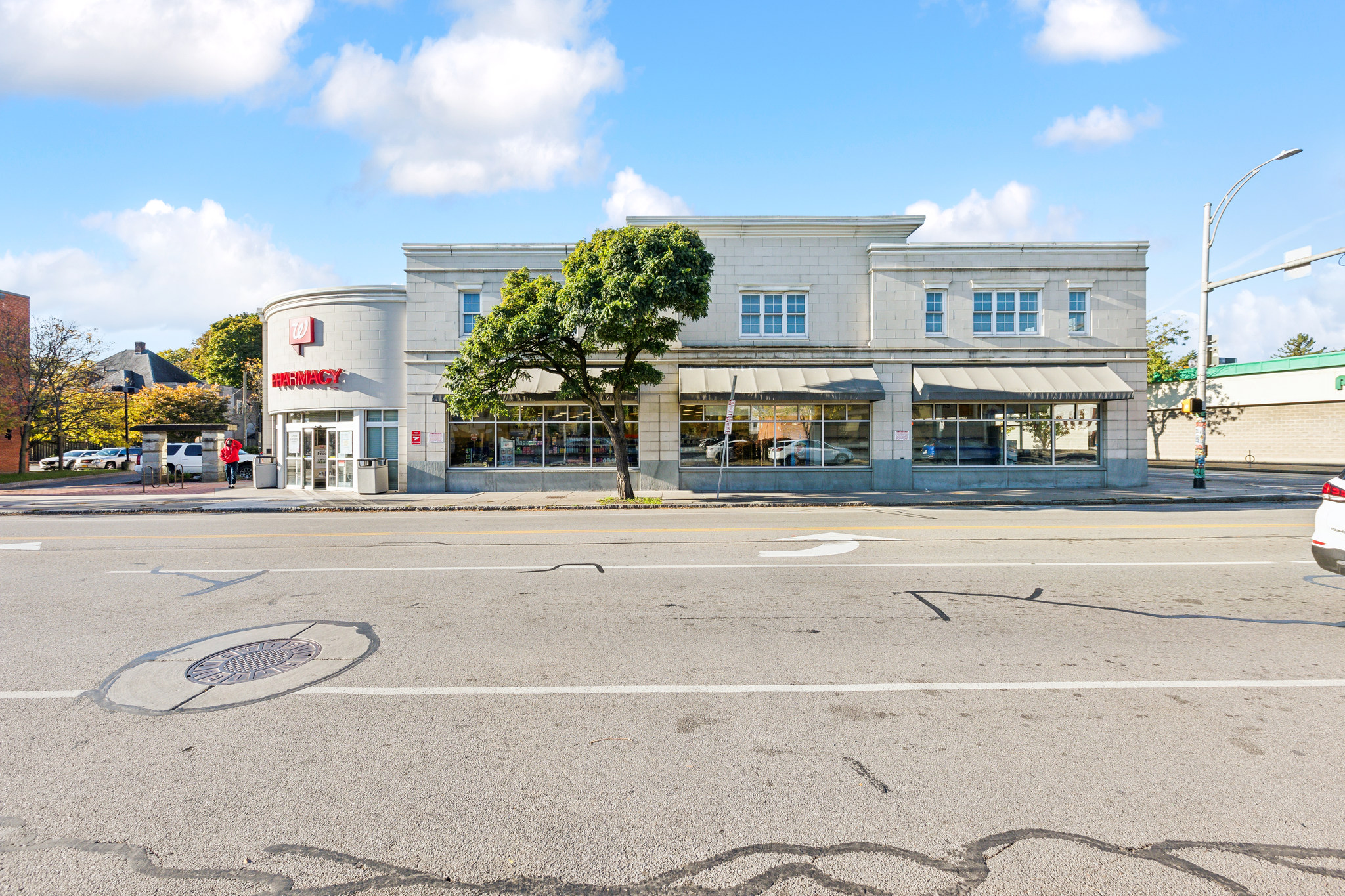Condos: What Are They?
Before shopping for a condo, fully understanding this housing option is essential. Condominiums are hybrids between a house and an apartment. It is a property that a person can purchase and own. Condos offer similar living arrangements to an apartment. For example, most condos are adjacent to several others, which means owners share the wall.
If a person opts to live in a high-rise building, their condo could be below or above someone else’s. If a potential condo buyer speaks to family members or friends who live in condos, they will quickly discover some people love this life, while others regret not buying a single-family home.
When contemplating the idea of buying a condo, it is essential to get to know the pros and cons of the purchase. This will help a buyer make an informed decision.
1. Pro: No Yard to Worry About
For many, having no outside space to deal with is one of the most significant appealing aspects of owning a condo. There is no mowing necessary because condo owners pay dues to the condominium association that will take care of most maintenance needs.
Condo ownership means not worrying about living a shovel to get rid of snow or pushing a mower around an overgrown yard. For some former homeowners, this is one of their favorite aspects of purchasing a condo.
2. Con: Having Someone Else Manage the Outdoor Work is Not Always Simple
Some of the condominium options available are underfunded. What this means is that the money may not be available to cover the maintenance needed. Make sure to ask plenty of questions before buying to ensure the condo association is being well-run before a purchase. Also, find out how many condos the association is responsible for managing.
If there are a dozen members, and most of them struggle paying the dues in a given month, and the community has over 500 condos, chances are the impact will not be felt. However, if the community only has ten condos and two people cannot pay the required fees, that means that 20% of the association’s entire budget is gone.
3. Pro: It is More Affordable Than Buying a Comparable House
The cost for a condo compared to a house is dependent on the total size of the home, the property values in the neighborhood, and the overall cost of living in the local area. Usually, a person is going to spend less for a condo, according to industry experts. Also, most detached, single-family homes appreciate faster than a condo.
However, even though houses have been appreciating faster than condos for several years, condos are not doing badly.
4. Con: The Cost of the Condo Is Not the Only Cost to Account For
When buying a condo, there is more to think about than just mortgage payments and appreciation. It is also necessary to factor in the association dues. A person may spend around $100 per month or up to $1,000, depending on the location of the condo and if a person wants a luxury condo or a no-frills community. While this is true, even with a no-frills location, dues are often required for access to the amenities, such as a pool, fitness center, or gated security.
While condos may seem like a smart option to rent out, the cost charged by the condo board -; just to own the building and be under their management -; is often overpriced. While they may cut the grass and maintain the exterior of the condo, they are not responsible for anything that is inside the condo. Unfortunately, just like a traditional home, plenty can go wrong inside the condo, too. For example, there could be issues with the AC or heating system, or issues with the plumbing.
Another issue would be an assessment. Each month, a portion of the condo fees are paid to go into the reserves for the development. This is where the association gets funds for projects, like repainting the exterior of the buildings. If the expense is unable to be delayed -; such as a burst pipe and too little money in the reserve to cover the repairs -; the owners may have to pay the assessment.
5. Pro: A Sense of Community
Many people own a home and say their neighborhood provides a sense of community, too. However, remember, when someone owns a condo, they live closer to one another than homeowners in a suburban area. After all, there are typically large yards separating the properties -; this is not the case with condos.
6. Con: Picking Neighbors Is Not Possible
While the community aspect of living in a condo is nice, there are some downsides to this, as well. For example, it is not possible to get along with everyone in the community. Also, when living in a condo, the likelihood of running into these unsavory individuals is higher than in a neighborhood.
Remember, when living in an area where someone is close to their neighbors -; all the time -; it can create friction. A buyer needs to consider this carefully before deciding on condo living.
Is Condo Living the Right Option?
When it comes to living in a condo, there are several benefits offered; however, there is also an array of disadvantages. Understanding what these are is the best way to ensure a person makes the right decision regarding the property they purchase.
Condo living is not for everyone, which is made clear with the information above. However, for others, it is exactly what they are looking for. Each potential buyer needs to think about their needs to decide if condo living is right. Being informed and knowing what to expect is essential when buying any property or home.







Leave a Comment